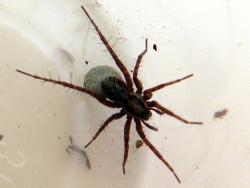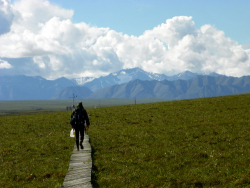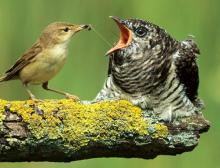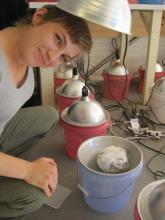What Are They Doing?

This project explored the role of wolf spiders within arctic communities and specifically, whether climate change is stimulating changes in these predators that could influence the structure and function of food webs. In particular, arctic warming could increase decomposition of the large amounts of carbon stored in permafrost soils. Increased decomposition would result in higher levels of atmospheric carbon dioxide and methane, which are heat-trapping greenhouse gases. Potential shifts in spider feeding ecology as a result of climate change could therefore have important and far-reaching consequences for arctic plant community dynamics and ecosystem processes. This research examined the extent to which arctic wolf spiders influence the structure and function of food webs and measured whether their impact on the community is changing with warming.
Where Are They?

Latest Journals

Amanda Koltz is a PhD candidate in ecology at Duke University under Dr. Justin Wright. Her research focuses on the relationship between community and ecosystem ecology (e.g. how species interactions can affect key ecosystem processes like decomposition and nutrient cycling). For her dissertation research, she is exploring how climate-induced changes in predatory spiders are influencing the structure and function of food webs in the Arctic. You can learn more about Amanda's research here.




